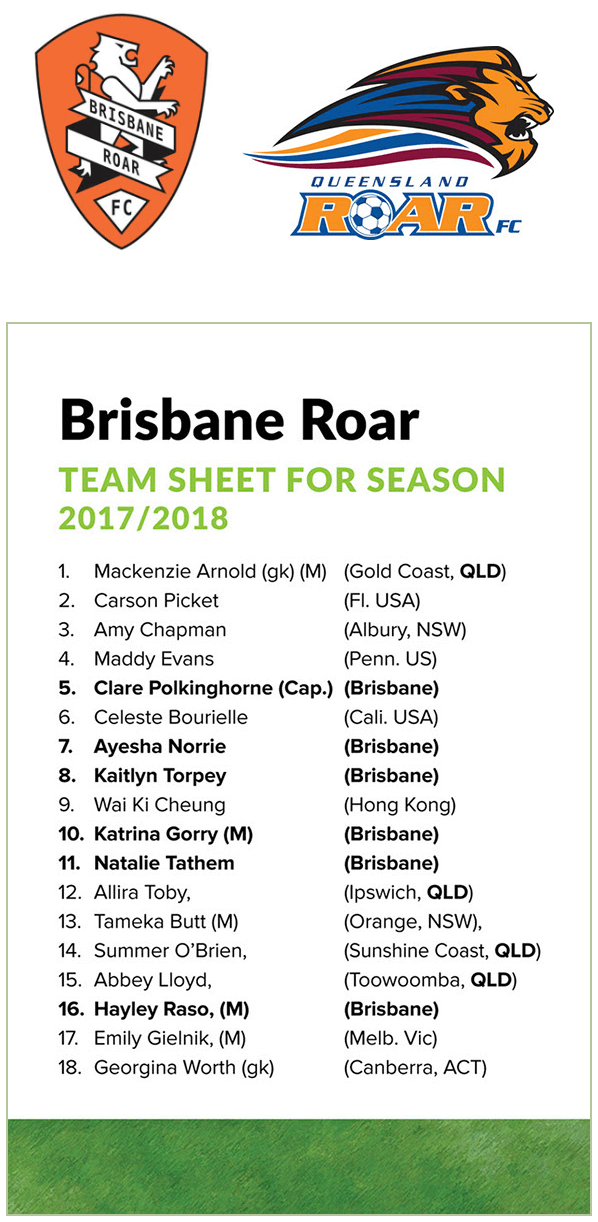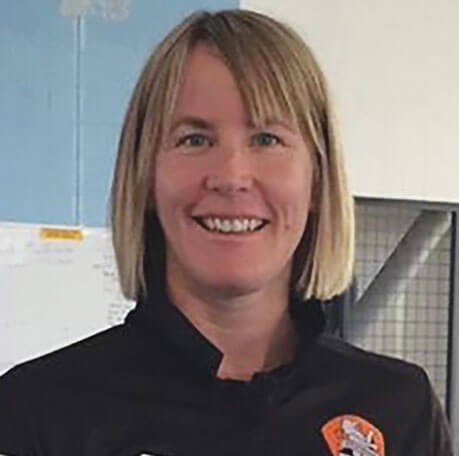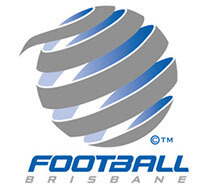The team began life as Queensland Roar. In their first season (2008/09) they did ‘the double’ – becoming the first W-League Premiers and then beating Canberra United (2-0) in the 2009 W-League Grand Final.
At the start of the 2009 season, Brisbane’s premier women’s side changed their name to Brisbane Roar. Two more Queensland sides, Gold Coast United and North Queensland Fury (both now folded), joined the A-League.
Ballymore Stadium was the Roar’s first home ground, but they played games at Perry Park, Queensland Sport and Athletics Centre, A.J. Kelly Park, Stockland Park and Cleveland Showgrounds.
They were champions (08/09) and twice grand final runners up (2009, 2011/2012). They won premiers (08/09) and premier runners up (10/11 and 11/12). Jeff Hopkins, who played in England and represented Wales, was the first coach.
Belinda Wilson took over Brisbane Roar in 2012 as Australia’s third top tier female coach. She followed a Grand Final win in her first season (2012/13) and Runners up in her second. While Brisbane’s first female coach’s tenure did not ring with the success Roar fans had come to expect Belinda Wilson oversaw a period of transition within the squad.
The current squad includes 6 Matildas and some experienced imports (from the US, Hong Kong, New South Wales, the ACT, and Victoria), but it is dominated by local talent. We reckon it’s the reason they’re so good. It’s also because Mel is such an excellent coach.





